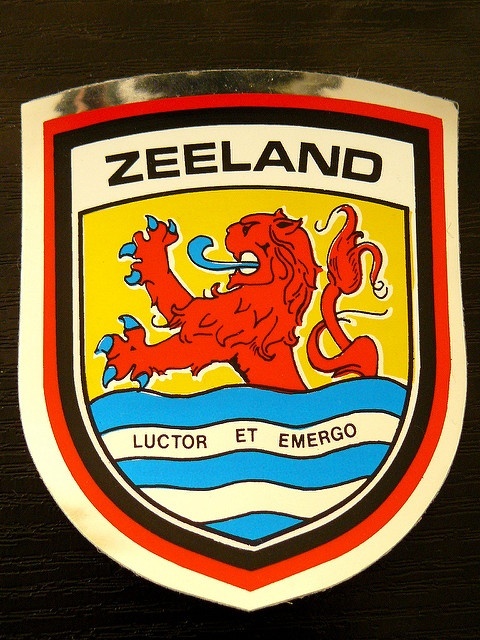I wrote a series of articles on my blog about my visit to Montreal in 2009: Montreal VI: Joual 4, Nicholas 1 .
My French is crap. I tried to blend in by wearing a Deutschland football cap and speaking in French. But I hear one subordinate clause, and I no longer know what my own name is.
And that’s not counting Joual.
This was the last of my French encounters in Montreal:
The woman checking me for my flight in is a Mme Trudeau. Given my Trudaeuolatry, this is all the more reason to try in French.
Mme TRUDEAU: Bonjourhello.
NICK: (Um, am I really going to do this?…) Bonjour.
Mme TRUDEAU: (French) Where are you travelling today?
NICK: (French) Melbourne. With the transiting to L.A.
Mme TRUDEAU. So… you are flying to New Orleans?
NICK: No, the Los Angelès.
Mme TRUDEAU. Ah. One piece of luggage?
NICK: Yah.
(Mme Trudeau spends a couple of minutes investigating my ticketting situation, and has a quick exchange with a colleague in English.)
Mme TRUDEAU: [Pushes my ticket to me and huddles towards me—the way people in service industries do, when they need to explain something complicated to you, that will involve at least one subordinate clause.]
Mme TRUDEAU: (French) Right. Montréal Quebæc Gatsinoo Sharbrouc Trwè Riviàres Sænt-Djan-sur-Richelioo. Sænt-Hyacænthe Jolietts’ Rouÿn-Noranda. Salaberry-de-Valleyfield Alma Val-d’-Or Sænt-Djorges Baie-Comoo. Septz-Îles Riviàre-du-Loup Amos. Matæne La Tsuque Dolboo Lachuts’.
NICK: …
I was dumbstruck. Her lips were moving, but I could not understand a solitary syllable of any of it.
Mme TRUDEAU: (English) … It’s better in English?
Right. Think of something suitably apologetic and humble to say.
NICK: (English) I’m sorry, I haven’t learnt joual.
… That may not have been it.
